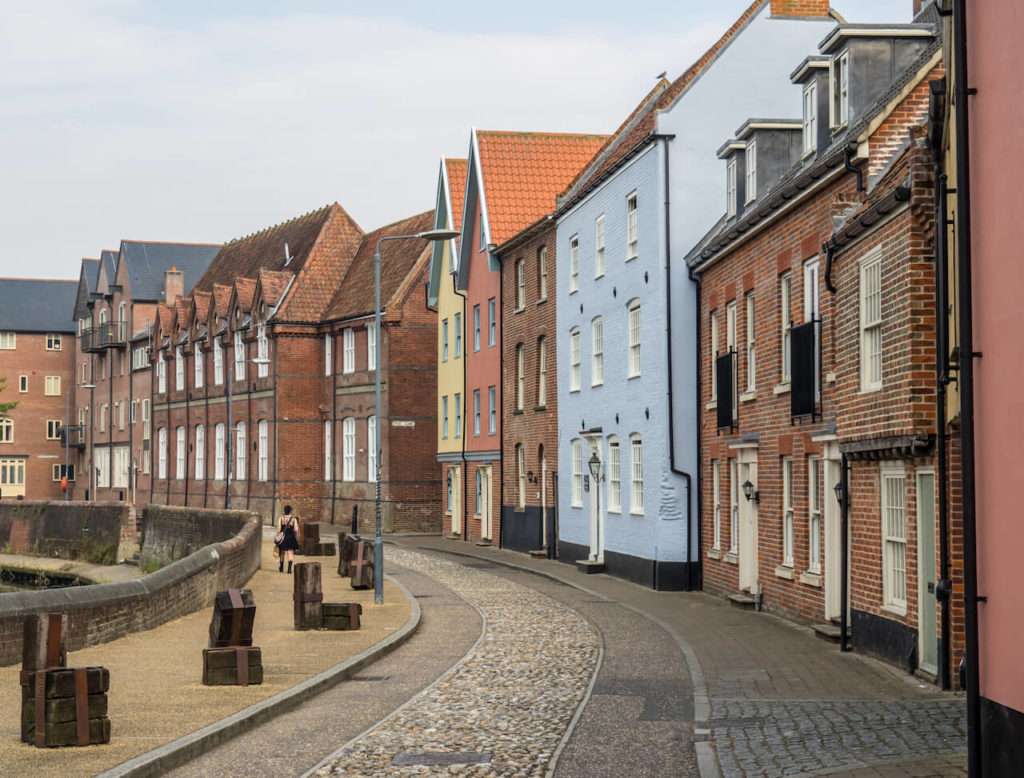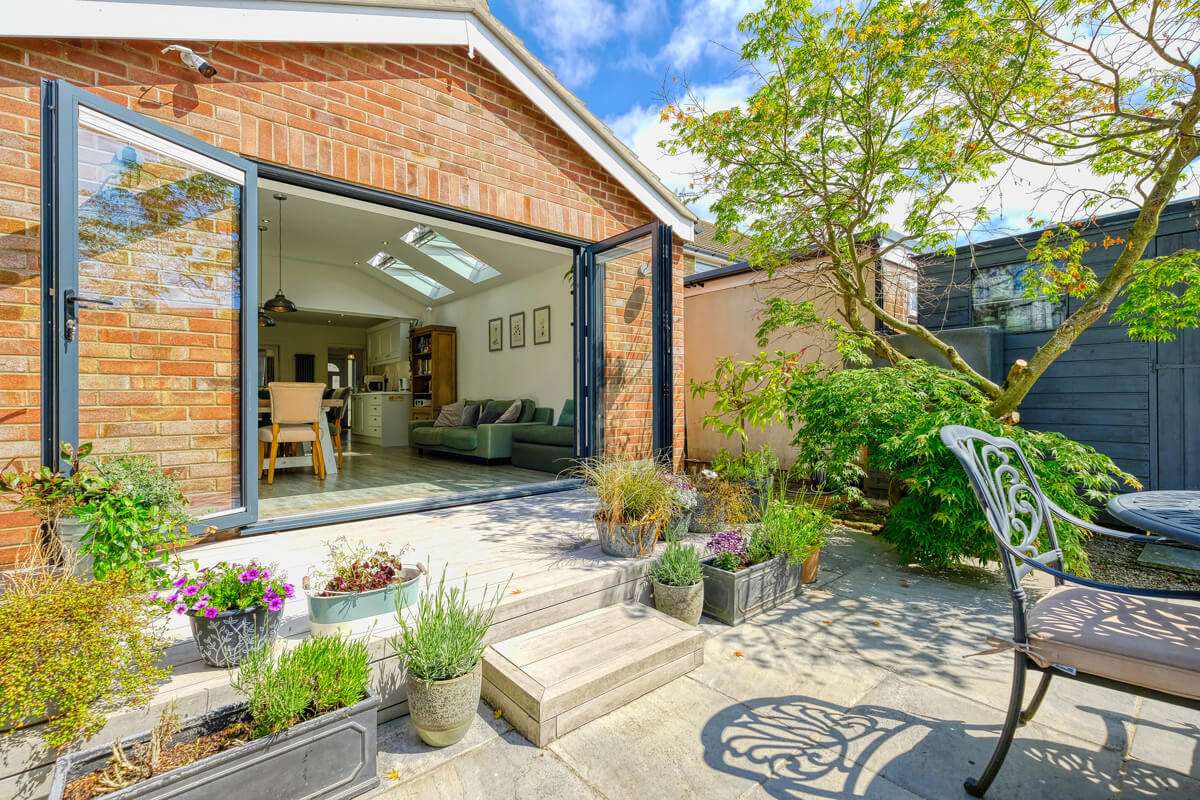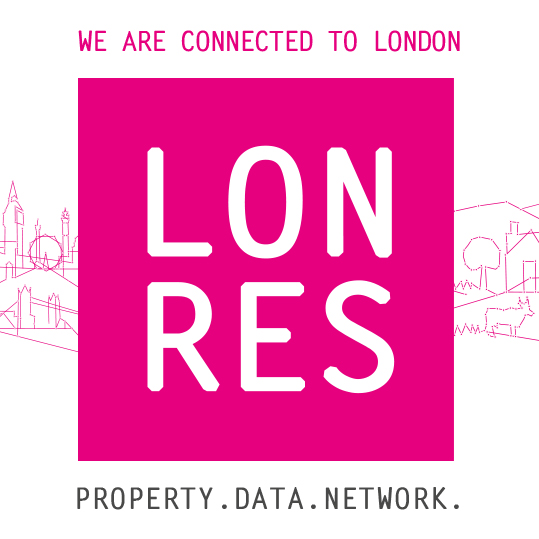Renting vs Buying – Which Is Better?
In our latest blog post, we look at the thorny issue of whether to buy or rent a property. Now, we’re not pushing one form of living over another as we realise circumstances differ and mortgage eligibility can be a challenge to overcome.
In our corner of England, Norfolk and Suffolk – property prices to both rent and buy are above averag, compared with some parts of the UK, yet relatively affordable when set against London or Cambridge. Don’t get us wrong – places like Burnham Market, Cley or Blakeney are hugely expensive, and much higher than places further down the coast like Winterton-on-Sea or Caister, near Great Yarmouth.
Those areas of east Norfolk are much more affordable – though Gorleston has increased rapidly in price.
But back to the question – should you buy or rent a property?
There’s no doubt that renting a home is less risky and more open an option for the majority of people. Here’s why:
- You don’t need a deposit (which can exceed £100,000 as a % of a mortgage).
- You don’t have to pass strict mortgage criteria, although a credit reference check will be carried out for you to become a tenant.
- You don’t pay conveyancing charges and Stamp Duty Land Tax if you’re renting, not buying. Stamp Duty, alone, can form a formidable barrier for getting your foot on the property ladder.
- You can budget more effectively, as your rent is not subject to bank borrowing rates. Admittedly, mortgage interest rates are at historic lows, but in the 80s and 90s, people saw mortgage repayments quadruple as rates hit 15%. You may have annual rent increases but these won’t rise (or fall) rapidly, unlike if you were paying a standard variable rate mortgage.
- You have greater flexibility with an Assured Shorthold Tenancy. If your circumstances change, five months into a tenancy, you can leave. If you relocate, you don’t have to wait to sell up.
Clearly there are advantages to buying a property too:
- Your home becomes a place to live and an investment. Savings rates, like mortgage interest rates, are incredibly low and an annual price growth of 4% to 7% will easily outperform leaving your money in a bank account. That house or flat costing £300,000 in Mundesley, for example, could well be worth £350,000 in 5 years’ time with only modest annual percentage growth.
- You own it. You can have pets, people stay over, decorate, extend, change carpets and flooring, all without a moment’s hesitation. But maintenance costs you, as tenants have that peace of mind included.
- You can move up the property ladder. Sefftons have witnessed this shift in the past year. With more people working remotely or choosing to go freelance, a 2 bedroomed home may no longer suffice. Sales of 4 and 5 bedroomed houses, nationally, have seen the highest demand and they have locally too.
- You save money. Your mortgage repayment on both capital and interest may well be lower than rental of a similar property in a similar area. You’re denting the amount borrowed too by paying it off each month.
- Property buying needs a longer term perspective than renting – this may be a disadvantage in fact. If you’re paying stamp duty, conveyancing and removal fees to own a property, you may not see its value rise to cover this outlay in just a year or two years. You will over 5 years – though property prices can fall too.
We hope this blog post has answered the question of whether you should buy or rent and if you need any more property advice, don’t hesitate to contact us.
Call in, call or email us and see how we can help you.














